Outcome-based education is a pedagogical model of learning, focusing on achieving the outcomes rather than input. Every other educational agency sets its targeted parameters or outcomes which the students are likely to accomplish. Yes! One is expected to have achieved all these respective goals towards the end of the program.
In addition, OBE focuses on creating a flexible educational system, where the curriculum focuses on educating the students with skills, knowledge and aptitude for a productive learning experience. This model of learning recognizes what is important for the students and then formulates the curricula accordingly.
The teacher acts as a facilitator and encourages this form of education while emphasising the learning experience instead of teaching. Unlike traditional modes of education, students are taught with a holistic approach in this new form of teaching but are not limited to the domains of a classroom.
OBE is a student-oriented educational system, where teachers act as facilitators and guide students based on their group activities, assessments and evaluation. Educators focus on helping students learn and dive deep into the knowledge of a particular aspect and knowing practical understanding about the same.
Outcomes in Outcome-based Education
The outcomes in OBE enables students to achieve targeted goals towards the end of their learning program. It serves as a prerequisite to educating oneself with rational knowledge, skills and aptitude. These factors are likely to accompany the learners in their lifelong learning experiences. However, it depends on the students how they invest their knowledge in their practical life. In simple words, it’s all about what students can do, with whatever they have learnt.
Outcomes are results portrayed by the students gained at the end of their learning program. They are supposed to embody the expertise into something fruitful. Only after that, the outcome-based education is likely to achieve its expected outcomes. Such a model of learning is student-friendly and is quite different from what we know.
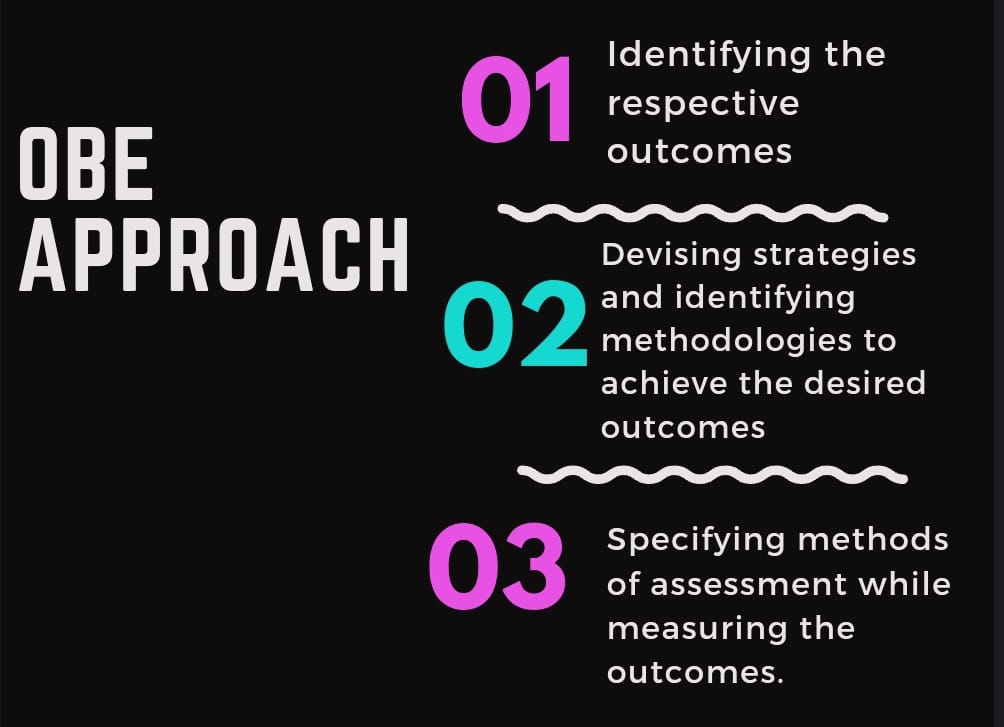
Features of OBE approach
The features of outcome-based education is an amalgamation of various aspects that are as follows:
In Outcome-based education, the curriculum is created based on attributes including skills, knowledge and aptitude. Such behaviours are expected from the learners or graduates, as it will help them initiate better learning experiences.
OBE is a student-oriented educational system, where teachers act as facilitators and guide students based on their group activities, assessments and evaluation. Educators focus on helping students learn and dive deep into the knowledge of a particular aspect and knowing practical understanding about the same. Unlike traditional forms of learning, OBE do not support rote learning by sticking to the realms of the syllabus. Instead, it educates the students with the content in innovative ways while ensuring productive learning experiences. In OBE, students become active listeners rather than passive listeners. Hence, it focuses on helping them grasp an awareness about a subject that would ensure that they achieve the expected outcomes towards the significant end of education.
Holistic approach in achieving outcomes
Outcome-based education aims at offering students a flexible and more student-driven environment of learning. Every educational institution focuses on defining objectives in OBE; which would help the students imbibe the knowledge embedded in the initial phase of teaching. In addition, learning for them becomes a stepwise process. Initially, students should try to set and achieve small goals, which would direct them to accomplish higher-level outcomes.
Yet, it focuses on encouraging the learners to fulfil attainable objectives; while enabling them to achieve the targeted outcomes after the program.
Outcome-based education has a very defined approach for enriching learning strategies.
The three steps associated with this approach is as follows:
- It focuses on identifying the needs and the purposes of their educational programme.
- Recognizing and specifying the targeted outcomes that have to be achieved.
- Thirdly, designing the learning content based on the goals and outcomes.
Yet, formulating the content, as per the needs and objectives, play a crucial role in helping students fulfil the expected outcomes, as it does lay a foundation for their lifelong understanding.
Four principles of OBE
Outcome-based education consists of four principles of importance. Those are as follows:
- OBE initiates and offers educational training and learning experience. Further, they aim at ensuring success while widening the scope of valuable opportunities for the students.
- In an outcome-based approach, there are higher expectations from the learners to succeed. For this, teachers should prohibit setting success percentages. Instead, they should encourage qualitative education while promoting exceptional learning and teaching.
- The expected outcomes are mentioned by every educational institution, which in turn, offers clarity of thought. It will help the students develop skills and knowledge that will aid them achieve the desired outcomes.
- A three-tier design approach based on outcomes.
Why should institutions choose OBE over Traditional education?
Outcome-based education focuses on guaranteeing success to the students and faculty. For instance, they provide a holistic approach while educating students with the storehouse of knowledge, skills and competence that will make them successful, once they finish this educational program. Outcome-based education aims at broadening this approach to all the learning institutions like schools, so that the learning outcomes are achieved by the maximum number of students and learners. Hence, they aim at expanding the influence of the OBE approach while promising success to each student.
What are the role of teachers in OBE?
In this approach of Outcome-based education, teachers play a crucial role in assisting the students at every step of their learning. They act as facilitators and are devoted to rendering fruitful learning experiences. The following highlights the role of teachers in outcome-based education:
- Teachers ensure a flexible learning period for the students to read up at their own pace and speed. They primarily concentrate on helping them focus instead of rushing into things. Yet, teachers devote sufficient time for students to help them understand and learn concepts.
- Teachers also facilitate assessment and evaluation processes. It consists of a crucial part of this OBE approach. The teachers are required to equip students with necessary skills, knowledge and aptitude.
- The tutors do not aim at rote learning or teaching the students just for the sake of gaining enough marks. Instead, they help them dive deep into the concept and adopt this understanding for real-life experiences.
- The educators mainly inculcate qualities in students like analytical and critical thinking skills. Also, they are examined on all the factors that are expected out of a learner.
How do students benefit from OBE?
In outcome-based learning, students adopt the OBE approach and achieve the desired outcomes. They are examined and assessed on the desired results towards the end of this program. To understand the students’ role in OBE, let us examine the following:
- The students should develop an understanding of the concept and aim to adopt the same in practical life.
- For example, a girl named Jane knows the concept of the Pythagoras algorithm but cannot use this concept in an application-based question. Thus; students should try to apply theoretical knowledge in real-world scenarios.
- Students should not learn the concepts just for getting marks. Instead, they should adopt a cognitive approach to understand each and everything that is taught. Unlike traditional modes of learning, students are not limited to syllabus-based content. However, they are supposed to adopt skills, analytical thinking and earn a diverse understanding of every concept.
- The learners in OBE are required to achieve the targeted goals as per the predetermined objectives. The students are evaluated on learning outcomes by the instructor towards the end of the program.
Outcome-based learning is a student-friendly education system, supporting knowledge and learning experiences. Learners can improve their aptitude, cognitive skills, etc. The main focus is on enhancing their performance and helping them achieve the expected goals. Summing-up, OBE allows the students to perform effectively during assessments post the course completion.

About the Author: Hansika Bhardwaj
Hansika is a proud content writer and enthusiastic person who is willing to embrace the journey. She loves writing poetry when not spending her time researching on education and education technology. She believes and manifests the ideals of hope, magic and positivity. Hansika is currently a student in Humanities Dept. at University of Delhi.
This article has been re-published on Medium
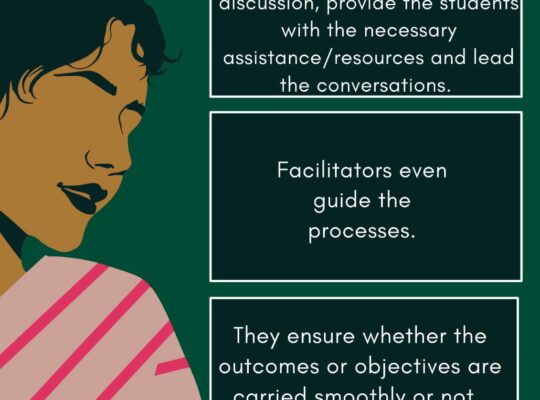
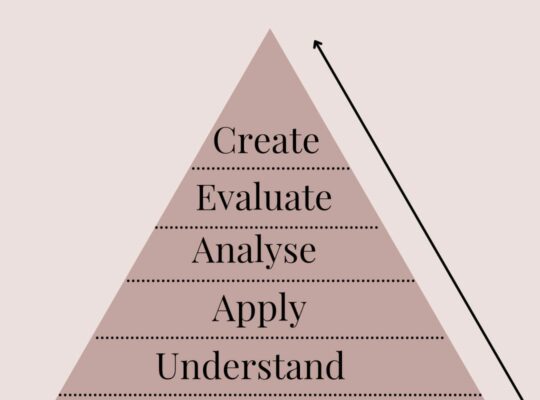

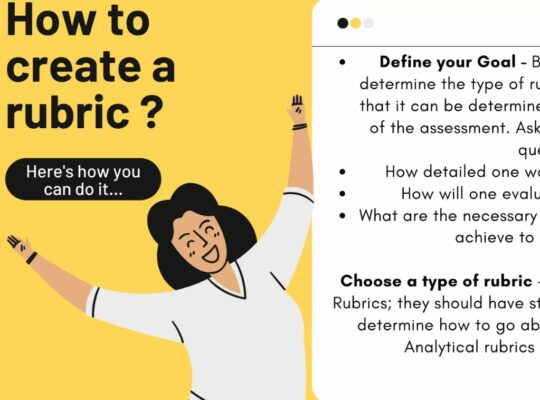
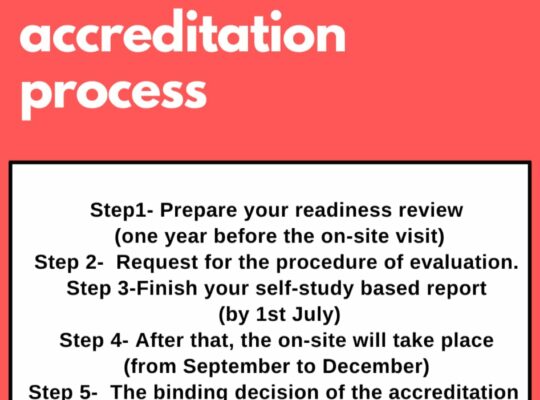
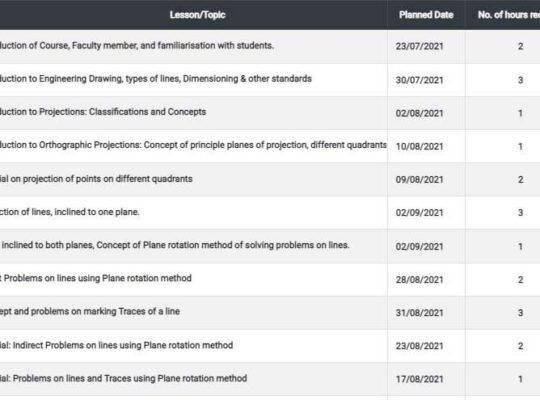
Good one. Well articulated… Relevant topic…
Woahhhhh very informative tooo good 🙌🙌
Amazing as always ❤ Hansi ❤
Very informative